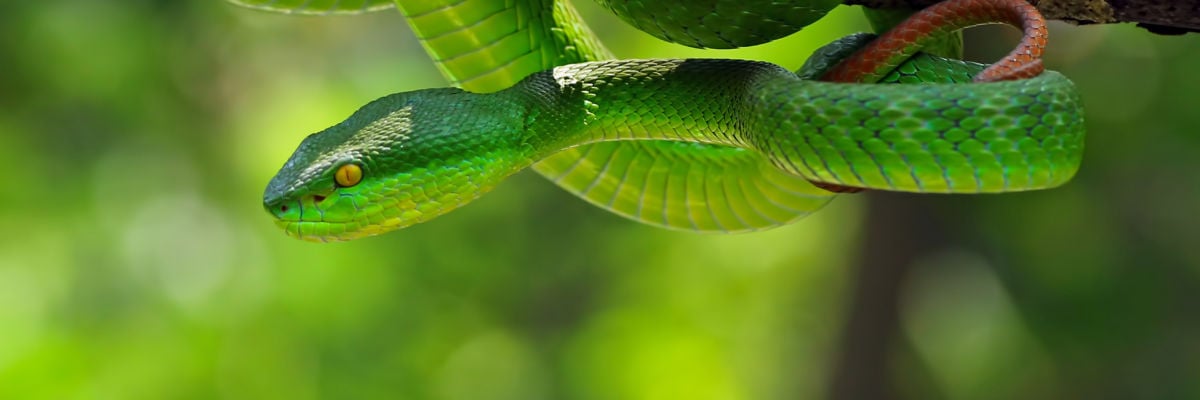
Question:
Answer:
The book of Acts (28:1-6) tells us that St. Paul became shipwrecked on an island he later learned to be Malta. While gathering firewood, he was bitten by a venomous viper. The people there expected him to swell up and die rather quickly. When he was unaffected by the bite, the population assumed he was a god.
Acts does not say that St. Paul drove out venomous snakes from Malta. But as Malta became more populated, people began to realize there were no venomous snakes on the island. The tradition then sprang up that after being bitten by one, Paul either drove them all out or that through his preaching all poisons were cleansed from the wildlife.
What we can say for certain is that there are no venomous snakes on Malta today. Today, Malta is a densely populated island. During the time Paul would have been shipwrecked, it would have been mostly uninhabited. So we can’t say for sure what kind of wildlife was on the island 2,000 years ago before human civilization began to impact the environment. It’s possible that there was a small population of venomous snakes that were eradicated by the changes in the environment that humans produced.
It’s also possible that the snake that bit Paul was not native to the island of Malta but was brought there by ships and was known by people to be venomous. It is also possible that a stowaway predator to the poisonous viper made its way onto the island after Paul was there.
Another explanation is that Paul did not land on what we now call Malta. This theory asserts that Paul was shipwrecked instead on the Adriatic island of Melita (modern-day Mljet). This is based on the fact that Acts states Paul was in the Adriatic Sea at the time (Acts 27:27), and that island does indeed have a dangerous horned viper (vipera ammodytes) whose bite symptoms are very similar to those described in Acts 28:6. In this case, the tradition that Paul drove them out or rendered them harmless is moot, since they still exist on the island today.



